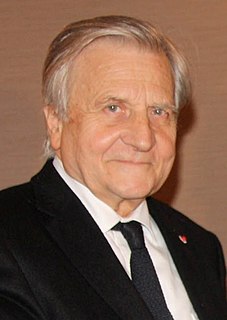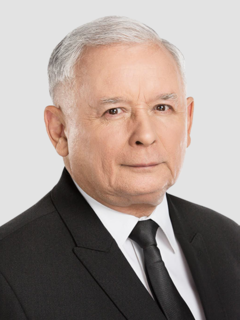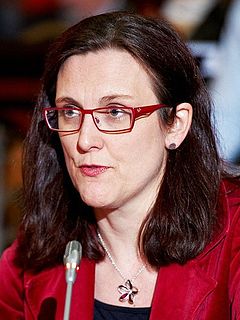A Quote by David Cameron
Over the longer term, the institutions and powers of the EU will continue to expand and certain policymaking powers, heretofore vested in the member states, will be delegated or transferred to, or pooled and shared with EU institutions. As a result, the sovereignty of the member states will increasingly be eroded.
Related Quotes
Germany's potential makes up about 20% of the EU's overall economic power, including Great Britain. The German army is by no means strong enough to guarantee the security of the EU's two endangered flanks - in the east and in the south. So all that remains for Germany is partnerships with its neighbours and other EU member states. Germany should stick to that role.
I consider the government of the United States as interdicted by the Constitution from intermeddling with religious institutions, their doctrines, discipline, or exercises. This results not only from the provision that no law shall be made respecting the establishment or free exercise of religion, but from that also which reserves to the States the powers not delegated to the United States. Certainly, no power to prescribe any religious exercise or to assume authority in any religious discipline has been delegated to the General Government. It must then rest with the States.
I consider the foundation of the Constitution as laid on this ground that 'all powers not delegated to the United States, by the Constitution, nor prohibited by it to the states, are reserved to the states or to the people.' To take a single step beyond the boundaries thus specially drawn around the powers of Congress, is to take possession of a boundless field of power not longer susceptible of any definition.
In a changing world, some jobs disappear and new ones are created. That's how it has been for hundreds of years. When jobs disappear, the vast majority is not because of global trade, but because of technical advances, robotization and so on. So, we - and in particular, EU member states - have to invest more in training and education so that people will have new opportunities if their jobs are cut. The EU can also better utilize its investment and social funds to protect its citizens from swift changes.
Greeks have to know that they are not alone ... Those who are fighting for the survivor of Greece inside the Euro area are deeply harmed by the impression floating around in the Greek public opinion that Greece is a victim. Greece is a member of the EU and the euro. I want Greece to be a constructive member of the Union because the EU is also benefiting from Greece.
The powers delegated by the proposed Constitution to the federal government are few and defined. Those which are to remain in the State governments are numerous and indefinite. The former will be exercised principally on external objects, as war, peace, negotiation and foreign commerce. ... The powers reserved to the several States will extend to all the objects which in the ordinary course of affairs, concern the lives and liberties, and properties of the people, and the internal order, improvement and prosperity of the State.
We believe in a free Europe, not a standardised Europe. Diminish that variety within the member states, and you impoverish the whole Community. We insist that the institutions of the European Community are managed so that they increase the liberty of the individual throughout the continent. These institutions must not be permitted to dwindle into bureaucracy. Whenever they fail to enlarge freedom the institutions should be criticised and the balance restored.
































